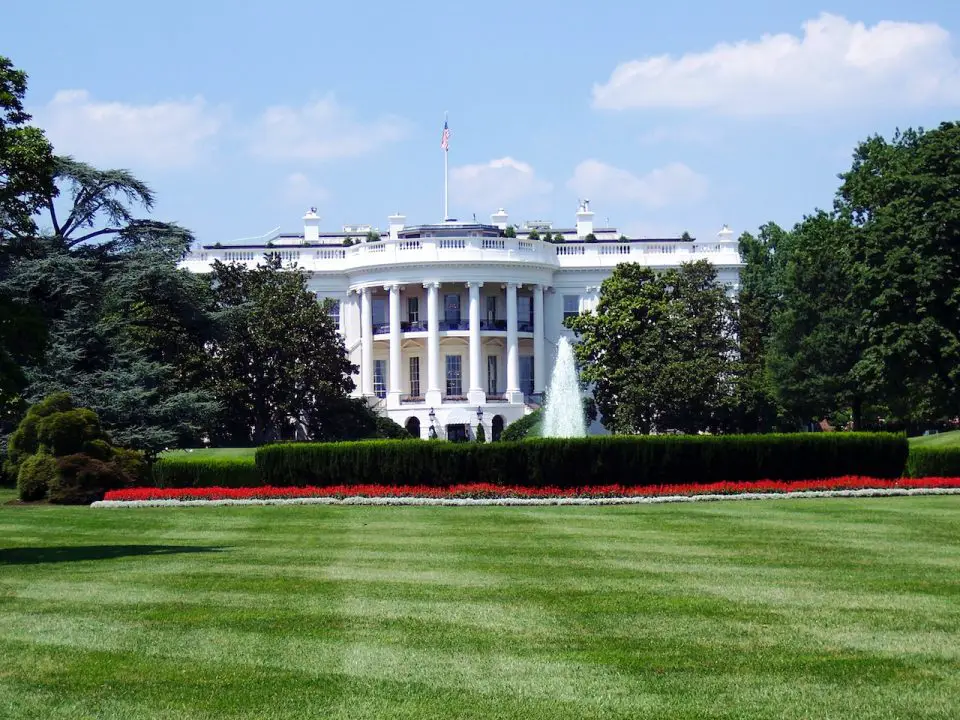On October 19, President Joe Biden took to the iconic Oval Office to address the nation on a pressing matter of global importance, outlining his administration’s vision for maintaining peace and stability in a tumultuous world. The focus of the speech of President Biden was the provision of military aid to key allies, Israel and Ukraine, but it also unveiled a multifaceted funding package of approximately $106 billion, with $7.4 billion designated to counter China’s economic influence.
The President’s speech shed light on a comprehensive plan that, if approved by Congress, could have far-reaching effects on the international geopolitical landscape. The centerpiece of this proposal is the allocation of $3.4 billion to bolster the United States Navy’s capabilities, specifically to enhance its readiness for military operations in the Indo-Pacific region. A significant portion of these funds would expedite the construction of submarines utilized in patrols under the auspices of a security agreement with Australia, the United Kingdom, and the United States.
A substantial portion of the financial package, approximately $2 billion, is earmarked to create a credible alternative to the financial support that the People’s Republic of China provides. Furthermore, the plan could unlock up to $21 billion in lending opportunities through international financial institutions, such as the International Monetary Fund and the World Bank. Additionally, $2 billion has been allocated to finance foreign military efforts, although specific details regarding the recipients were not disclosed.
While President Biden’s proposal represents a significant step toward strengthening U.S. and global security, it must navigate the complex political landscape in the House of Representatives before it can become a reality. House Republicans currently find themselves deadlocked in the process of selecting a replacement for Kevin McCarthy, which adds an element of uncertainty to the funding request’s fate. However, National Security Advisor Jake Sullivan emphasized the imperative for American leaders to prioritize these vital initiatives and fulfill the expectations of the American people.
In a notable gesture, the funding package includes support for Taiwan, though precise figures were not specified in the announcement by President Biden. Sullivan clarified that the assistance would be distributed across the entire region, underlining that it is not exclusively intended for Taiwan.
President Biden’s announcement comes on the heels of a year marked by escalating tensions between China and the United States. In his address, the President expressed a commitment to safeguarding Ukraine’s independence and preventing the deterioration of stability and peace in the Indo-Pacific and Middle East regions. The implications of this comprehensive funding package, if successfully implemented, could be monumental, not only for the United States but also for the global economy. It holds the potential to bolster the capabilities of U.S. allies in the Indo-Pacific, thus potentially mitigating tensions between the two superpowers and fostering a more stable international environment.
Source: Yahoo Finance

